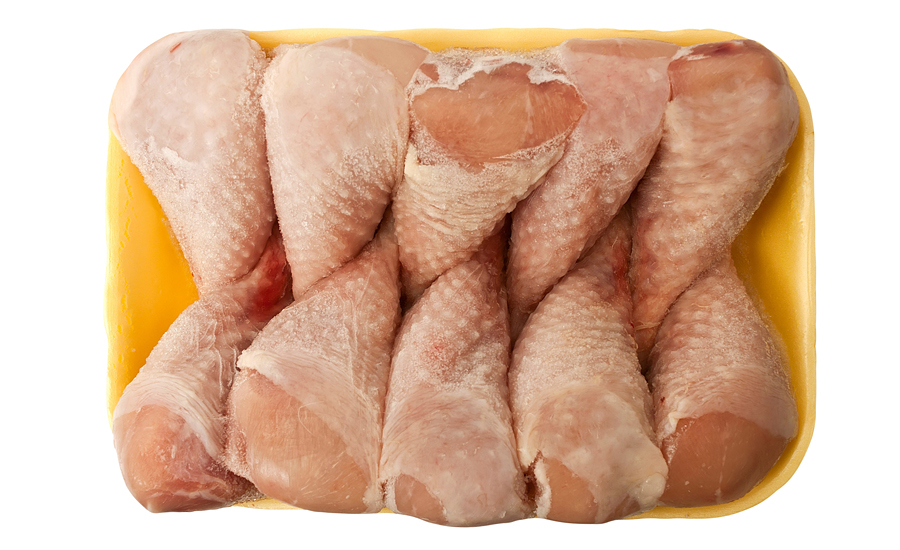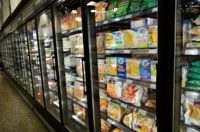Report outlines how increase of frozen foods helps reduce waste
The Frozen Food Report II gathers independent evidence supporting the role of frozen food, and highlights the growth of the industry in recent years.

George Eustice, minister of state for farming, food and fisheries, says the uptick in frozen food innovation in the UK plays a role in reducing waste, aiding food security, providing affordable nutrition and supporting the foodservice industry.
The Frozen Food Report II gathers independent evidence supporting the role of frozen food, and highlights the growth of the industry in recent years as well as the potential for frozen food in the face of changing consumption habits and demands.
The frozen food sector has “shown remarkable growth in the last five years,” says Eustice, especially in technology and labeling for example.
Furthermore, the negotiations around Brexit offer a wealth of opportunity for frozen foods in terms of reviewing farming and production policies and potentially accessing wider export markets and trade agreements further afield.
“The case for frozen food is no longer in dispute thanks to a bank of evidence built up to promote its nutritional, cost, quality and sustainability benefits,” says Brian Young, chief executive of the British Frozen Food Federation. “Consumers and chefs recognize these benefits, and have voted with their money driving real value growth in the market. Going forward, there is a major opportunity for frozen food in taking advantage of changing shopping and consumption habits. Yet the inaccurate perception often still remains that the higher price point of some chilled products equates to a better product. On balance however, the positive arguments for frozen are beginning to outweigh the negative. There is still work to do, but the frozen food industry is perfectly positioned to go from strength to strength.”
Looking for a reprint of this article?
From high-res PDFs to custom plaques, order your copy today!





